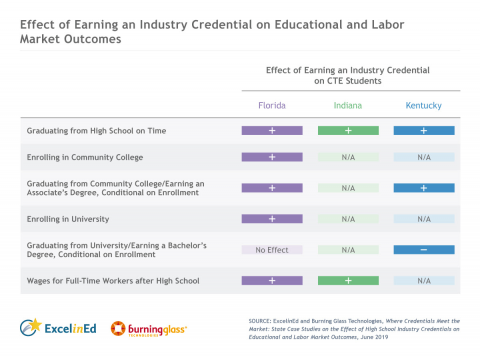

Sen. Lee Comments on Antitrust Investigations
WASHINGTON – Sen. Mike Lee (R-UT) issued the following statement Tuesday, responding to news stories discussing potential antitrust investigations of high-tech firms.
“Antitrust is a highly technical inquiry, not something that lends itself to easy generalizations or blanket condemnations,” Sen. Lee said. “This is why such investigations are best left to the antitrust agencies rather than Congress.”
“That said,” Sen. Lee continued, “the leaks coming from various government agencies about possible antitrust investigations only undermine the effectiveness of our nation’s antitrust laws. They also call into question why we have two federal agencies responsible for civil antitrust enforcement. The substantive antitrust issues faced by tech firms share many similarities and there is a real danger that a divergence in enforcement policy between the Antitrust Division and the FTC will only result in confusion. We should be seeking more harmony in antitrust enforcement, not less.”
An online version of this release can be found here.
=======================
With the Electronic Entertainment Expo 2019 drawing large crowds June 11-13 and the gaming industry bringing in over $130 billion per year globally, the personal-finance website WalletHub today released its report on 2019’s Best Cities for Gamers as well as accompanying videos.
To determine the best places to be a serious gamer, WalletHub compared the 100 largest cities across 23 key indicators of gamer-friendliness. The data ranges from average internet speed to video-game stores per capita to number of esports tournaments.
Top 20 Cities for Gamers
1
Seattle, WA
11
Las Vegas, NV
2
Irvine, CA
12
San Diego, CA
3
Los Angeles, CA
13
Washington, DC
4
Orlando, FL
14
Denver, CO
5
Atlanta, GA
15
Fremont, CA
6
New York, NY
16
Miami, FL
7
San Jose, CA
17
Houston, TX
8
San Francisco, CA
18
Anaheim, CA
9
Austin, TX
19
Sacramento, CA
10
Raleigh, NC
20
Dallas, TX
Best vs. Worst
To view the full report and your city’s rank, please visit:
https://wallethub.com/edu/best-cities-for-gamers/36270/
===============
New research studies the effect of credential attainment on long-term student success in Florida, Indiana and Kentucky
Today ExcelinEd released Where Credentials Meet the Market, which builds on the foundation laid in Credentials Matter: A National Landscape to examine the impact of credential attainment on long-term student outcomes. This second report in an ongoing research partnership with Burning Glass Technologies analyzes the credentials students earn in high school and their impact on students’ high school completion, community college enrollment and completion, and wages. It provides insights into the return on investment of earning a credential in Florida, Indiana and Kentucky—three states that collect rich, student-level data.
“Students should graduate from high school prepared to be successful in college and their careers. One way to set students up for success is by improving the quality of career and technical education programs, and many states are turning to industry-recognized credentials as part of the solution.”
Patricia Levesque, CEO, ExcelinEd
“Although this research is limited to three states, our findings indicate the significant potential career boost that industry credentials can offer students nationally. These promising results should provide a powerful incentive for states to invest in well aligned credentials.”
Matt Sigelman, CEO, Burning Glass Techologies
Overall, the report finds that earning a credential is associated with positive outcomes related to high school completion, community college enrollment and completion, and wages.
Secondary Educational Outcomes
Postsecondary Educational Outcomes
Labor Market Outcomes
Credentials Matter is the most comprehensive examination of industry credential attainment in high school CTE programs. The findings and recommendations represent a critical first step to helping a range of stakeholders understand the current landscape of credentials earned and evaluate whether those credentials have currency in the job market. At the high school level, credentials can include assessments, certifications and government-issued licenses.
For more information on this research and to view interactive maps and data tables, visit CredentialsMatter.org.
*Postsecondary outcomes need additional research to determine if rigor of study or cost of higher education for credential earners has an impact on bachelor’s degree attainment.
Credentials Matter was made possible by a grant from Carnegie Corporation of New York. The statements made and views expressed are solely the responsibility of the authors.